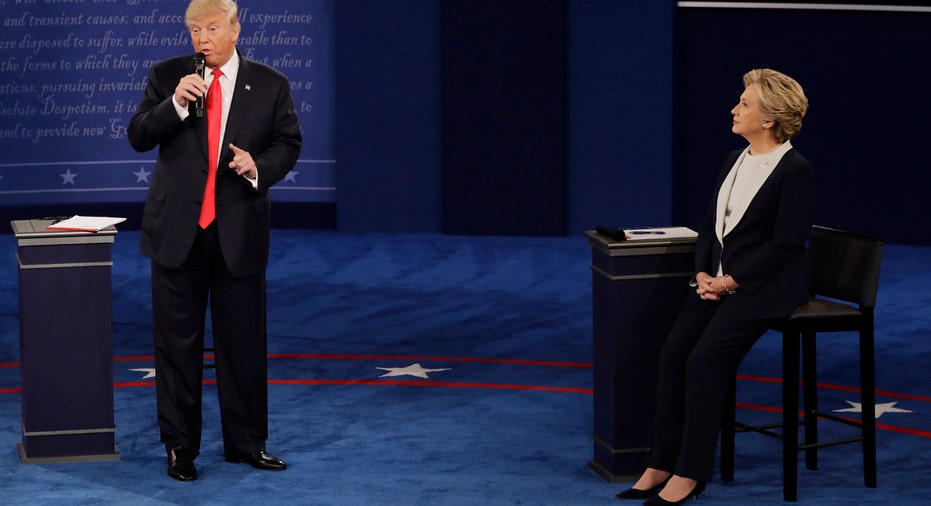Trump, Clinton Should Talk About This to Reach Millennials

On July 22, 2016, a collection of more than 19,000 emails from the Democratic National Committee were made public via WikiLeaks. The document dump was the successful result of a cyber-breach completed by a hacker (or hackers) known as Guccifer 2.0. Russian intelligence groups are rumored to be behind the hack, a point that both Russia and WikiLeaks founder Julian Assange have denied.
Almost every week a new cybersecurity related incident surfaces, and no industry is safe from these attacks. As a result, the presidential candidates’ positions on cybersecurity are becoming increasingly more important, according to new research from Raytheon (NYSE:RTN).
In its annual cybersecurity survey of millennials, Raytheon found that 53% of young adults say that a candidate’s position on cybersecurity will influence their vote. Sixty percent of young men compared to forty-seven percent of young women are taking a comprehensive look at the candidates’ cybersecurity platforms. Currently, half of millennials don’t think cybersecurity has been given enough attention this election cycle.
“Given recent events highlighting cyber vulnerabilities, it is not surprising that a majority of young adults say that a candidate’s position on cybersecurity impacts their decision to support the candidate,” Jack Harrington, Vice President of Raytheon Intelligence, Information and Services tells FOXBusiness.com.
According to Harrington, millennials take cybersecurity much more seriously than other generations because they have grown up with more exposure to technology than any other generation.
“Whether they are paying friends on Venmo or taking an Uber, today’s young adult rely on the security of their mobile devices and applications to keep their personal information safe,” says Harrington.
Democratic nominee Hillary Clinton has said she would treat cyberattacks like any other attack, but has not released a comprehensive plan dedicated to cybersecurity. Republican nominee Donald Trump also has no official policy on cybersecurity, but says that he would make cybersecurity an “immediate and top priority” if elected.



















